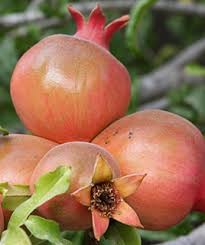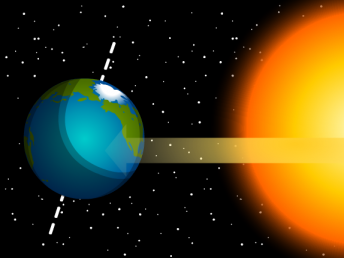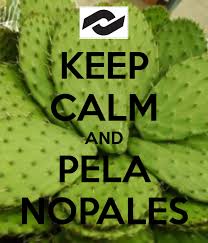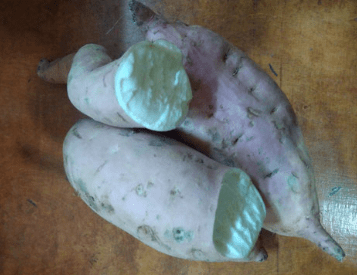First hints of autumn
Organic vegetables are an excellent barometer. Since they do not live in the supermarket cooling, but live close to nature in the field and the garden, they develop a keen sense of the seasons, the heat, the cold, and the rain and mud. They are not the ones who sit in front of the air conditioner, have no idea what is going on outside in the world. Nope, they are the children of nature, with bare feet and an excessive affection for rain. And indeed, over the past week all of the vegetables have been raising their eyes to the sky, sniffing the air with their little noses, passing their vegetable-tongue over their lips, as if tasting the humidity in the air and wondering – when will the good showers begin, when will the earth fill with moisture and mud and the entire field will rejoice with bubbles in the puddles?
But not everyone blossoms and celebrates the arrival of rain. There are those for whom the arrival of winter signifies the time to leave the stage. They were here in the summer, accompanied us through the fall and now they really want to take some time off, so we can miss them until the next season. That’s just how organic fruits and vegetables are. They know that in order to appreciate something, you must miss it for a while.
So, to whom shall we start saying goodbye soon? The okra and the corn are not winter lovers, hence, they will disappear. They are giving way to the roots that will grow and fatten and be nourished by the rains we are waiting for. Who else? The pomegranates will soon disappear as well, so we will now pay attention to them as a farewell gesture of appreciation..

Pomegranates are part of the Israeli scenery, landscape, and culture. Pomegranate trees grow in the local climate, and in Jerusalem, happily and comfortably. The pomegranate is one of the native species of our country. Its origin, more precisely, is from Iran and from there it traveled and spread all over the Mediterranean. It is sometimes a shrub or a tree, deciduous, whose flowers have no smell (as opposed to what is claimed in one famous song…). We respectfully present its seeds on the table on Rosh Hashana, and we hold it up when say our blessings as a symbol and token of fertility, abundance and wealth. It decorates mosaics and embroidery, embellishes Torah scrolls and is depicted on ancient earrings.
Pomegranates survive well without a refrigerator, so in ancient times (as ancient as the 12th century BCE) pomegranates were comfortably imported to here, unconcerned by the fact that there is no cooling on the way. Yes, the outside of the fruit does not look so great without cooling, but the seeds inside remain succulent and full of flavor and color. Despite its potential danger to white shirts, it is loved by salads, main courses and desserts. Pomegranate is one of those fruits on which you can most vividly imagine the phrase "bursting with juice”.
The pomegranate is excellent for health from head to toe – that is, excellent to our health, from our head to our toes. All of it is healthy, both the seeds and the peel. Even the Rambam knew to recommend it as a great way to stop bleeding, for example. Today we know that the pomegranate is good not only to ward off bad diseases (since it contains polyphenols, which are very effective in delaying and preventing certain kinds of cancer, like breast, prostate and skin, and it is a strong antioxidant , even more than red wine), but is also great for facial skin and to delay the appearance of aging. So yes, it is possible for aging to come a few years later.
The Romans gave the pomegranate special respect, and they placed it in the hand of the Godess Hera, who had the women's portfolio in the Pantheon of Gods. Marriage, pregnancy, birth, life, and also death were all within her responsibility. Since the pomegranate was brought to Rome by the Phoenicians, they chose the name "Phoeniki Apple", but after some thought they decided to call it "a multi-seeded apple." How simple.
So after we have separated the pomegranate seeds, whether with rhythmic tapping on the peel so that the seeds fall out, or quickly in a bowl of water, what do we do with the seeds? Well, you can add them to a green salad, especially if the salad has mostly leaves. This will add an interesting sweet-tanginess and also some crunchiness. They can be added to desserts, especially those that are served in fancy little personal cups; and you can also try an interesting recipe of pomegranate risotto that I found here: http://www.mevashlim.com/Recipe/12567001.asp
To health!
Yours, Maggie and the garden team
We can expect in our organic vegetable baskets (draft only):
Tomatoes
Cucumbers
Lettuce
Rocket
Beets
Potatoes
Sweet potatoes
Pumpkin
Butter nut squash
Mizuna
In the large organic vegetable baskets, also:
New Zealand spinach
Eggplant
Lemons
Oranges
Organic fruit baskets:
Bananas
Clementina's
Oranges
And Sweeties
In the large organic fruit baskets, also:
More oranges
Granny Smith apples in transition









